August 2024






by Mary
October 2019
After this:

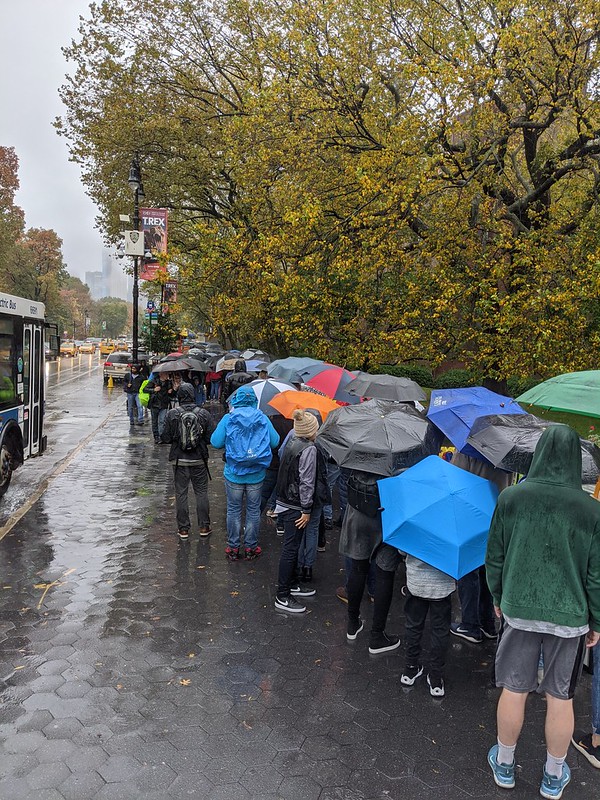
This:
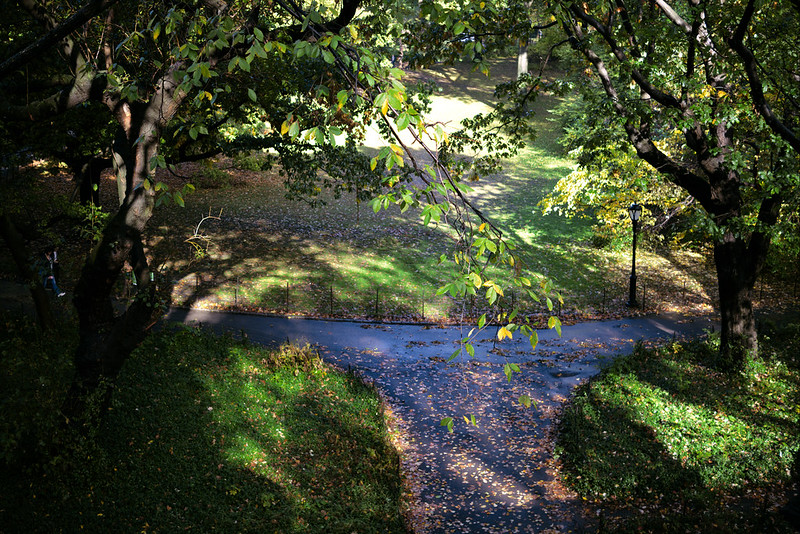
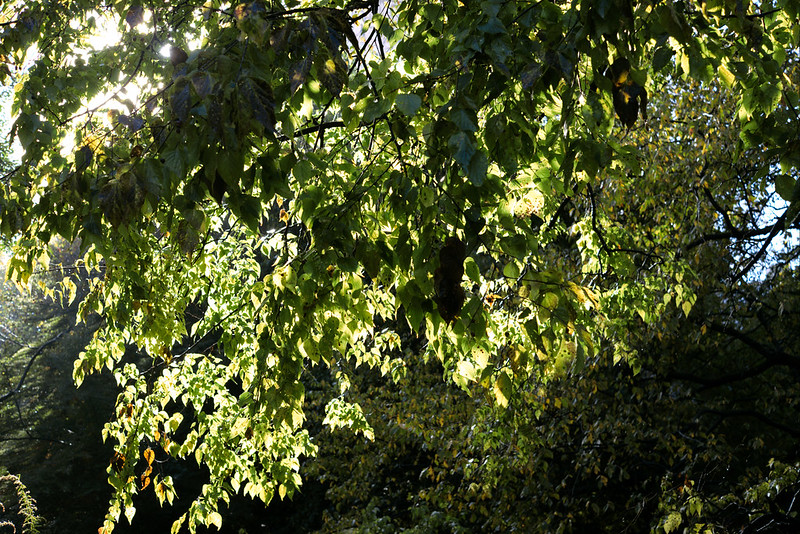




And finally, after a really substantial quest the length and breadth of Manhattan in search of somewhere that does pie by the slice, this:

All photos (in progress)
October 2019
Knowing I was coming up on photos of New York really did a number on my photo processing lo these 18 months.
This one was a trudge, 6km or so from Irvington to Dobbs Ferry. I had hoped to do it on the following day but there was rain forecast (in fact the remanents of Tropical Storm Olga) which saw me taking refuge in the Musuem of Natural History, trudging through there instead.
Weekends are always when the jetlag smashes down. Someday I will have the chance to re-learn that.
It’s a pretty trudge though!
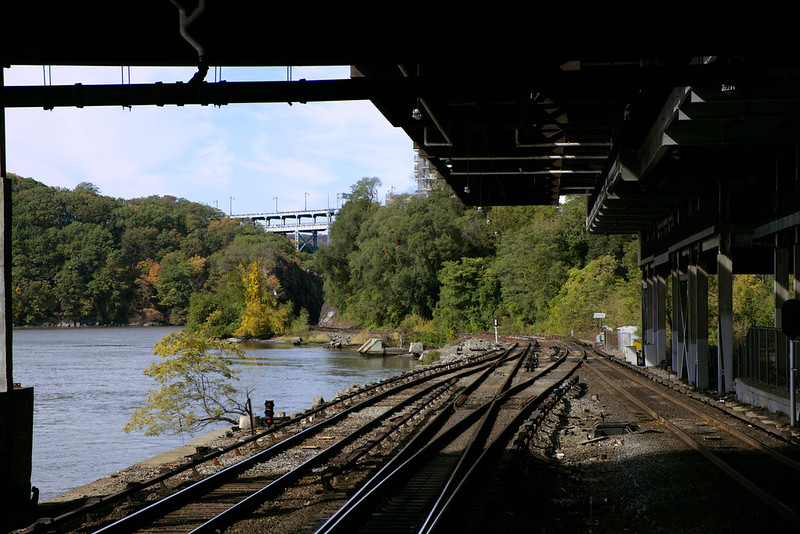
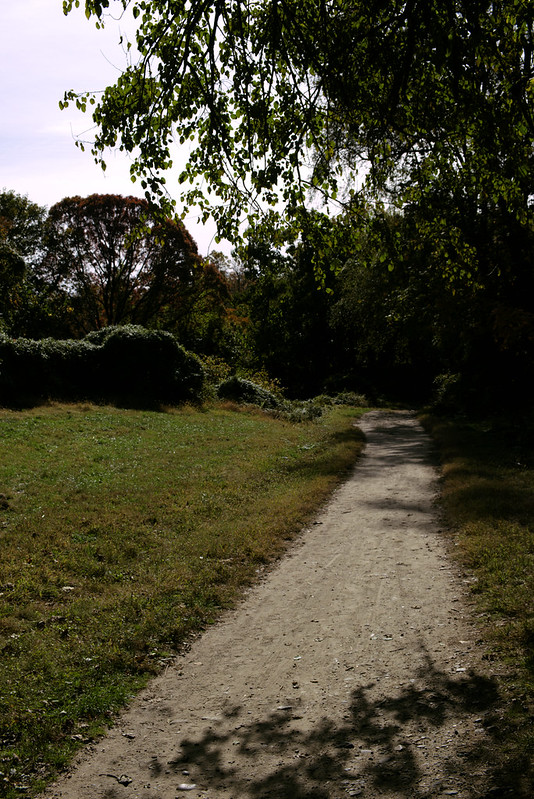

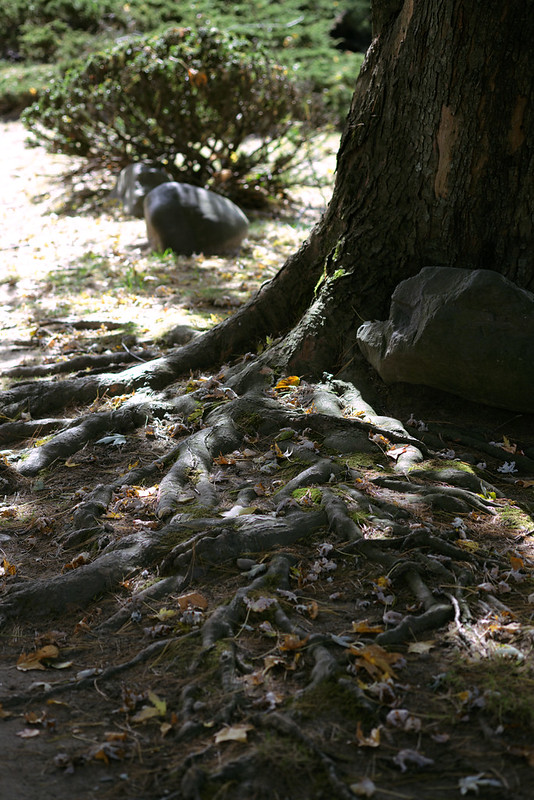

October 2019
This was the last trip I did outside Australia, and one of the last outside New South Wales.
If you are going somewhere for the last time in a very long time, you obviously go in autumn.






All photos (in progress).
When asked for a Waimea Canyon lookout, Google Maps took us to an essentially arbitrary place on Waimea Canyon Drive with perfectly decent views of the canyon, rubbish parking, and a rather scary dropoff. But coming up Waimea Canyon Drive meant that we ran into another essentially arbitrary place with truly terrifying parking: the Red Dirt Falls, about 2km south of the fork with Kokee Road.
Photos of Kauaʻi, January 2018 (in progress).
For almost all of our trip, Kauaʻi beach safety reports seriously overestimated how dangerous the surf was. Theory: it’s winter, it must be terrible! Practice: my non-swimming four year old is safe and comfortable.
Shipwreck’s Beach was the major exception. It was certainly survivable, particularly past the breakers where not coincidentally most of the swimmers were, but neither of my children swim well enough to penetrate a churning wall of water.
Pretty though!
Photos of Kauaʻi, January 2018 (in progress).
The January winter ocean was rough, the sun was behind the cliffs, and the air was full of sea spray. Breathtakingly difficult to photograph and develop, and yet…
Photos of Kauaʻi, January 2018 (in progress).